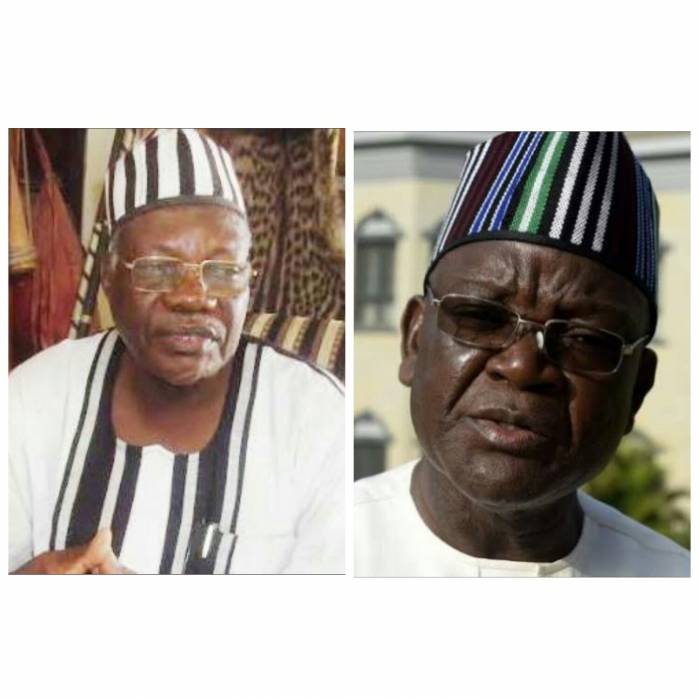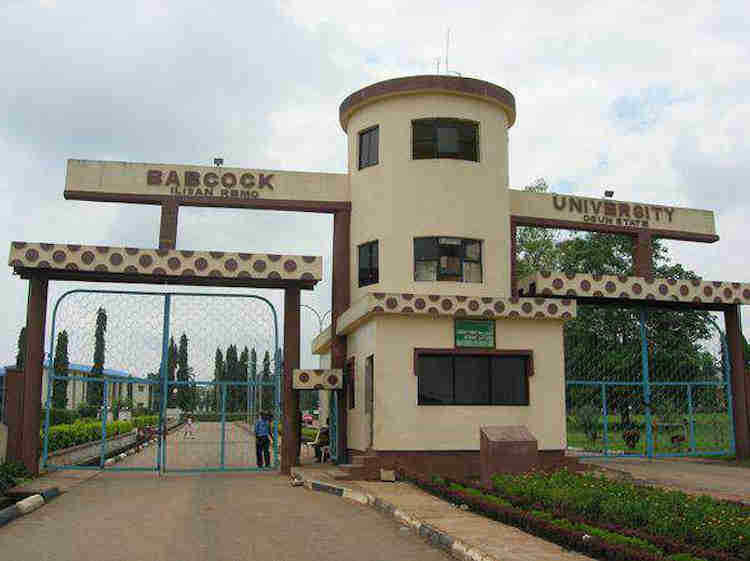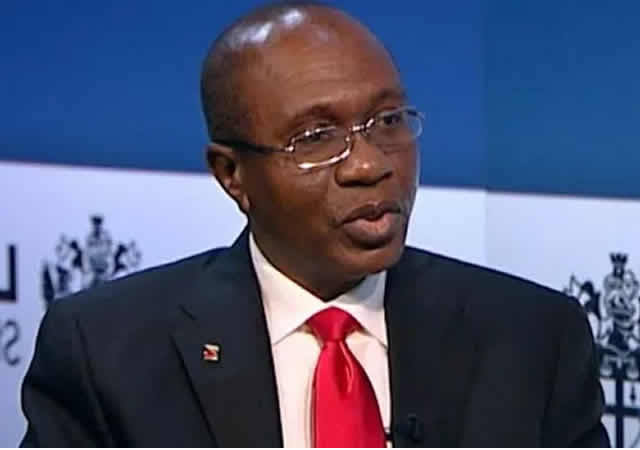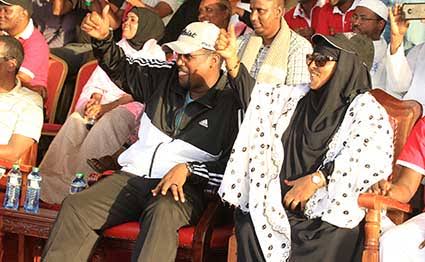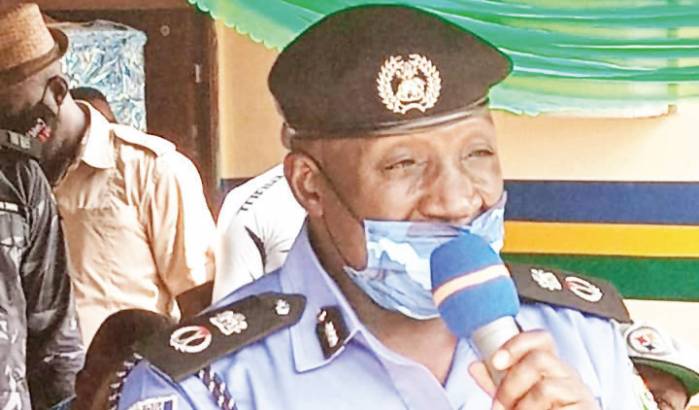Until recently, the relationship between the farming people (Tiv particularly) of Benue and the herdsmen (Fulani) was quite brotherly.
The herdsmen treasured the unique hospitality and accommodating spirit of the Tiv farmers as much as the Tiv enjoyed the rigorous but beneficial occupation of the Fulani herders which was much alien to them.
The relationship was said to be cordial as both the farmers and pastoralists co-existed peacefully, inter-depending and interrelating amongst themselves.
One of the things that obviously attracted the settlers (Fulani herdsmen) was the ever green natural vegetation of the Benue terrain coupled with the ever flowing water from the River Benue and its tributaries, River Katsina Ala and River Buruku. The Benue farmers whose occupation was farming and hunting in turn found cattle rearing fascinating. They also derived benefits from the seasonal visits of the herders as dungs from their cows further fertilized the soil.
Most remarkable was the fact that the Tiv people had kindly shared food and other items of need with the Fulani herders who in their own way reciprocated the gestures. The Tiv people were said to have enjoyed accompanying the herders to watch over the cattle within the areas of grazing sometimes.
One wonders then, what could have poisoned the once friendly and admired relationship between Fulani herders and the farming people of Benue state. Peaceful co-existence has been eroded by conflicts resulting to violence and bloodletting amongst supposed brothers and sisters. The effect has been adverse, challenging the humanness of citizens.
The disastrous effects of the farmer-herder conflict on the people, herders and properties have left leaders and stakeholders at various levels wondering how peace can be restored to Benue communities.
A Second Class Chief in charge of Makurdi Local Government, HRH Sule Abenga shared his concern on the conflict and what the relationship between the Tiv and Fulani used to be like.
The traditional ruler reminisced about the glorious past of yester years, especially as it concerned the cordiality that existed between the two tribes.
“Before now, the Fulani and Tiv were very good friends. They were known to be partners in their various areas of endeavour. For instance, the Tiv are farmers and hunters and the Fulani are herdsmen. According to history, when they, the Fulani, came to Tivland, they made friends with the Tiv people and even tried to introduce cattle rearing to Tiv in a way.
“It was said that when they want to leave, they will keep some cows with the Tiv to take care, but the Tiv will consume the cows instead of rearing them. When they came back, the Tiv told them that they have eaten the cows left in their care. That is why you hear, “Munchi”, which means, we have eaten the cows. Then, things were not like today.
“In those days, the issues we have now were not there, there was no civilization, no western projects competing for space and both lived together as rural people until civilization came.
“The herdsmen then had no other business outside rearing their cows and they operated until certain people legalized 419. When you hear of Miyetti Allah, they are not cattle rearers, but are rather middle men making gains off the real herders. They formed the association in order to benefit from those who own cows and that is one of the major issues that brought about this crisis. Those of them that don’t have cows were speaking for those who have cows and were doing business with the cow which they don’t own.
“An ordinary Fulani man, has no business with making too much money. They enjoy rearing of cows. When a cow dies, they call the Tiv because in line with their Islamic belief, they don’t eat dead cows. They will give to the Tiv and when they have any ceremony, like naming ceremony, they invite the Tiv people. These people were friends to a level that they used to joke that when a Tiv man’s cloth gets burnt with fire from his tobacco, the Fulani man will collect it (the cloth). It was a friendly relationship that both parties enjoyed. There was enough land then. So, to the best of my knowledge, we were living peacefully,” Ter Makurdi narrated.
The Ter Makurdi also reflected on how conflicts were resolved amongst these two groups, very unlike the dimension it has taken in recent times. This kind of wishful thinking by Abenga denotes the will to allow a return of peaceful co-existence despite the pains the farmer-herder conflict may have visited on his people.
“Before now, if a cow eats your crop, you and the farmer will settle but sadly, it graduated from that kind of settlement to going to court and later to killing of people and cows, to the extent that the Fulani were now adopting what was strange to us by hiring militia to protect their cows. And because the militia are hired and paid to do the killings, they do it mercilessly not minding who is involved. That is what has brought us to where we are today,” Abenga mercilessly.
Like many others, the royal father was of the strong opinion that governments (FG and states) as well as other key stakeholders have a huge task in ending the conflict.
He also kicked against tribal and religious biases if the farmer- herder crisis must be resolved.
Abenga said, “Government has to be sincere.
This means that whatever you want to do, you do it well. If you are talking about herdsmen, it does not necessarily mean that only Fulani are herdsmen. Anybody who carries cows and moves around or has cows should be referred to as herdsman. So, instead of brining tribal sentiments, identify those who are farmers. If you come to Tivland, you identify farmers, those who have goats, those who have cows.
“The farmers that are being consulted or engaged are farmers are existing on paper; the computer farmers and those are the farmers that are being addressed. The real farmers like I and the ones in the village do not even know what is going on, neither do we know how to access the inputs government is talking about even though we have the land. Government should look inwards and develop her people and encourage them and these things will die out quietly. If the people who have the land have money, they can fence their facilities and there would be no need of accusing somebody of destroying anything.
“People have been singing songs about Fulani killing people but, this is not Fulani, it is an issue of criminals. People are encouraging it because they are making money out of it. If you see the Fulani man who has cows and is going about in the bush, he has no business with the Fulani man who is in town and is called the chairman of Miyetti Allah. They have different ways of livelihood. The other one trades on the other person’s business. These are issues that the government should tackle, encourage people at the grassroots, give them what would help them develop the land.”
The genuine desire for an end to the farmer- herder conflict is further emphasised by many concerned stakeholders, groups, national and International Non Governmental Organizations, NGOs and Civil Society Organisations, CSOs.
Foremost among them are the Movement Against Fulani Occupation, MAFO, Search For Common Ground, Search, Jaamatu Nasir Islam, JNI, Christian Association of Nigeria, CAN among others.
Spokesperson for MAFO, Rev. Fr. Solomon Ukeyima toed the path of the Ter Makurdi and advocated for sincerity of purpose on the part of government. He was quite emphatic about allowing the truth to take precedence in resolving the conflict.
“As a way forward, the only thing that can be done is that we should be honest. Let’s be honest. Let the President and all our leaders be honest. Everything has been politicised.
People see white and they call it black and they see black and call it white. We all know the truth. What the people are looking for, which they don’t have, is that they want to go back to their homes. You can build for them sky scrapers in the camps but if it is not their homes, they cannot have peace, they cannot farm there. So, the federal government knows, the state government knows, but for some reasons that are political or because they are living well with their families, they don’t care what is happening there. So the only thing that can solve this is our being honest in addressing the issues.
“The primary duty of any government is the safety of lives and property of the citizens.
The federal government should do the needful. I have always said that the worst corruption is to come to a person’s land, kill him, rape his wives, rape the children, rape their daughters and take their land. That is the worst form of corruption. If you kill a little child today, nothing will bring him back to life again. If somebody takes trillions, that can be recovered. I say they should save human life, the life that makes use of money. So, let the federal government and those in power be honest. Let them begin where they should begin.”
Rev. Ukeyima spoke further, “Peace is when fellow human beings are living together and there is no tension and you can sit together and think about the future, plan for the future development and progress of the place. For us to have peace we must be honest, we must be truthful in addressing issues. If this is my land, say it is my land and we will live in peace, but if we are forced to live together in the pretence that we want to accommodate people, then, we cannot know peace. We are thoroughly fake in this country beginning from our leaders. We know the truth and only the truth can set us free. So, let us embrace truth.”
A leader of herders in Benue South, Ardo Adorisco Mohammed also expressed the desire of his people to maintain peace in Benue. He said the herders were willing to help the state government identify genuine herders since most of them were born and bred in the state.
“We were all born here and we have the capacity to know those who are genuine herders. We will help government identify them so that peace can be restored back in Benue.”
He further called on the state government to set up a committee that will bring all parties to a round table for the promotion of peace.
While there are high hopes and concerns from stakeholders, dialogue and other peace initiatives are being advanced variously especially by NGOs and CSOs. An international NGO that promotes peaceful resolution of conflicts, Search for Common Ground, through its peace project, “Transforming the Farmer Herder conflict and Promoting Freedom of Religions and Belief in Nigeria’s Middle Belt”, has been engaging stakeholders, including the farmers and herders in peace dialogues aimed at resolving the conflicts.
The NGO has organised several fora like the Peace Architecture Dialogue, PAD, and Community and Security Architecture Dialogue, CSAD, and has engaged in training of key state actors; government officials, community, traditional and religious leaders, security agencies, the media among others, at various levels to increase inter agency collaboration for effective, sustainable early warning response, dispute management, violence prevention and mitigation at community levels and also to equip actors with skills to prevent attacks and reprisal attacks.
In adding their voice to the resolution of the conflicts, the NGO during a three day workshop on conflict transformation, human rights and dialogue training for government actors, recommended amongst others that inter agency collaboration should be strengthened in tackling the menace and that CSOs should deepen collaboration approaches in implementing peace building projects in Benue.
Stakeholders also called on Benue state government, CSOs and traditional institutions to deepen advocacy on changing policies, laws or customs that create negative perspectives and perceptions on certain group of persons that breed conflict.
The Chairman, Benue State House of Assembly Committee on Agriculture. Mr. Terwase Aondakaa stated that peace was necessary for farming activities and food security.
Aondowase who agreed that the Tiv and Fulani lived peacefully in the past, noted that rise in population has affected activities for both herders and farmers as grazing routes have also been overtaken by development, a situation which has further fuelled the conflicts.
He therefore stated that for the mutual benefit of all, the open grazing prohibition law should be respected to address the herder-farmer conflicts.
Kudos must be given to the Benue Open Grazing Prohibition and Ranching Establishment Law which may have restored some level of sanity in the activities of herdsmen and farmers in the state.
It is hoped that with the adoption of the National Livestock Transformation Plan (NLTP) by 19 States including Benue, deeper collaborations towards resolving the farmer- herder conflicts would be enhanced.
